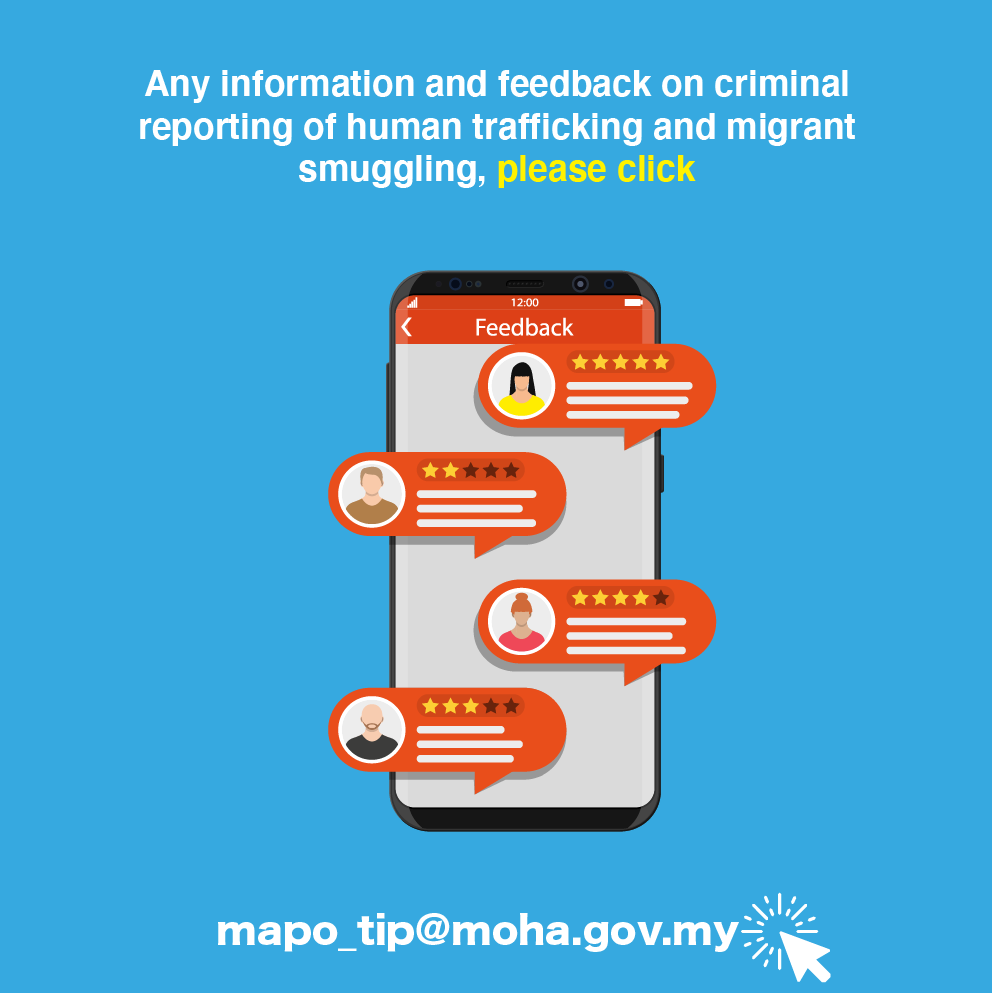Mcmc Receives 121 Reports On Scam Ads - 2

Teo said that Meta, the company that owns and operates Facebook, appeared to be accepting payments from scammers to publish such ads on the platform as it continues to allow scam ads to be published despite being notified of their fraudulent nature.
“Although MCMC has issued notices identifying these as scam activities, Meta continues to assist scammers by allowing the second, third, fourth, and subsequent ads to go up,” she said in reply to Chong Chieng Jen (PH-Stampin) who wanted to know whether the government is prepared to amend existing laws to hold social media operators liable for financial losses suffered by victims of scam ads on their platforms.
Meanwhile, Teo said that the MCMC is also in the midst of drafting an online safety code to guide platform operators and relevant parties in publishing ads on social media.
She said this effort aligns with the amendments to the Communications and Multimedia Act 1998 (Act 588), which were gazetted on May 22.
“We will refer to models in other countries such as Singapore, where advertiser identity verification has been made compulsory before they can publish their ads.
“If such measures prove effective, they will be incorporated into the MCMC's new safety code,” she said.
-- MORE
SOFI NAW NHA
Keywords
More News
CONTACT US
Pejabat Strategik Nasional Majlis Antipemerdagangan Orang dan Antipengeludupan Migran (MAPO)
Kementerian Dalam Negeri
Aras 2, Blok D7, Kompleks D,
Pusat Pentadbiran Kerajaan Persekutuan
62546 Putrajaya
Malaysia
+603-8880 8854
+603-8880 8829
nsomapo[at]moha.gov.my
Category
• Corporate Information
• National Report Malaysia 2020-2021
• Annual Country Report 2021-2022
• NAPTIP
• Directory
• News
• Images
• Infographics
• e-Booklet






